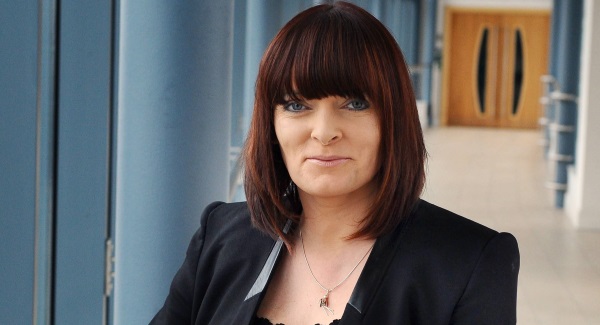Unborn babies with conditions treatable in the womb are missing out on fetal therapies because of lack of access to a second trimester fetal anomaly scan at Cork University Maternity Hospital (CUMH), writes Claire O’Sullivan.
Keelin O’Donoghue, a specialist in maternal and fetal medicine at CUMH, said failure to diagnose major problems with fetuses during pregnancy at the “right” time meant families “miss opportunities for information and explanation, preparation, or choice, birth plans, and, sadly, bereavement care”.
“Some babies have worse outcomes and the option of fetal therapy may be lost, while others may have complicated deliveries or are transferred to intensive care away from their parents,” said Dr O’Donoghue. “Fetal therapies include treatment for cardiac arrhythmias and thyroid disease.”
Dr O’Donoghue, who has spent a decade trying to build up the CUMH service, said she “did not anticipate that in 2017, despite years of personal engagement” that the scan would only be available to half the women attending.

In today’s Irish Examiner, Dr O’Donoghue, a consultant obstetrician/gynaecologist, writes that the deficit often left her in the unenviable position of “trying to explain [to parents] how a major fetal anomaly was not diagnosed or diagnosed late”.
The anomaly scan is routinely available at maternity hospitals in Dublin.
Dr O’Donoghue’s colleague, Nóirín Russell, describes how a woman who was 36 weeks pregnant and had a normal pregnancy had to have an emergency c-section following a late scan and whose baby died in the first week of life.
Dr Russell, a consultant obstetrician/gynaecologist, recently returned to Cork from training in France, “where all patients receive at least one detailed scan in each trimester”.
Dr Russell said the issue of routine anomaly ultrasound has for too long “been tethered to the non-availability of termination of pregnancy in this jurisdiction”.
UCC professor of obstetrics Louise Kenny recently told the Oireachtas that the problem at CUMH was “fixable” within six months.
However, Dr O’Donoghue said the concern is it will be addressed as part of a national package under the new Women and Infant Health Programme, leading to further delays.
This article first appeared in the Irish Examiner.


